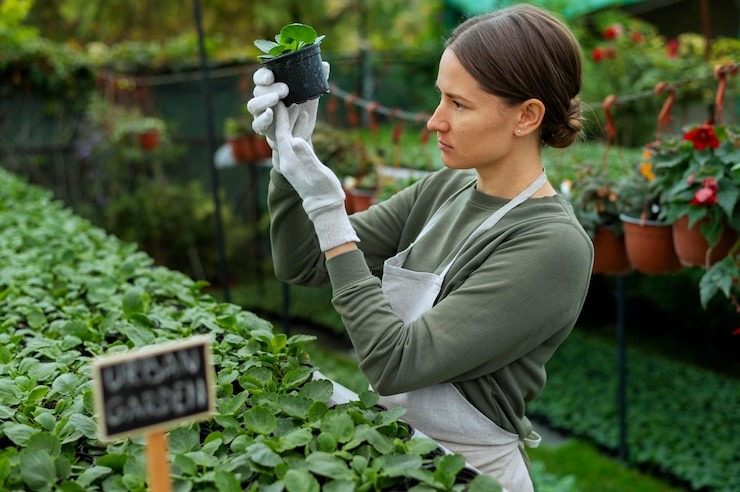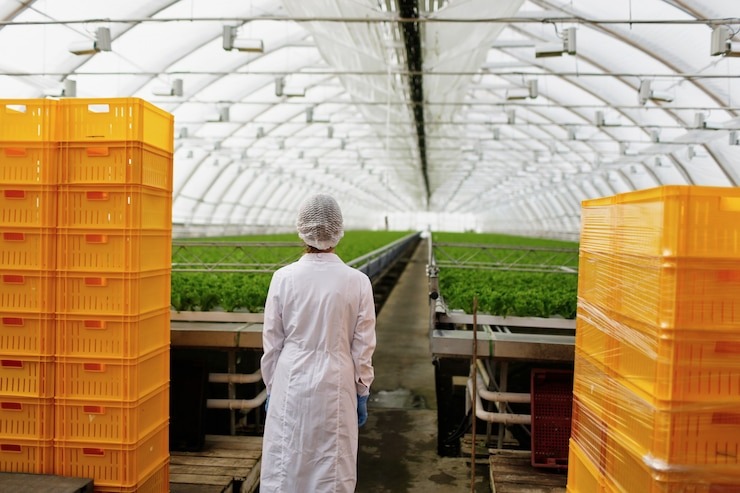As the agricultural sector continues to modernise, so too does the equipment that supports it. One item that has proven itself indispensable on farms, smallholdings, and even in industrial and horticultural settings is the large plastic trough. Durable, versatile, and cost-effective, this simple piece of kit is far more than just a water container.
Built to Withstand British Conditions
The unpredictable nature of the British climate means that farmers need equipment that can endure both torrential rain and the occasional summer heatwave. A large plastic trough made from high-grade polyethylene provides a robust, weather-resistant solution that won’t corrode or degrade like traditional metal or wooden alternatives.
Unlike galvanised troughs, plastic options are not vulnerable to rust. They are also less likely to crack in frosty conditions, particularly when manufactured with UV stabilisers and frost-resistant polymers. This makes them ideal for year-round outdoor use in all corners of the UK.
In addition, plastic troughs can be left outside for years without showing signs of significant wear. This is particularly valuable for remote grazing areas, where frequent maintenance is not feasible.
Farmers operating in upland or coastal regions — where salt air or acidic soil can wreak havoc on metal infrastructure — often find that plastic troughs offer a level of reliability that simply can’t be matched by traditional alternatives.

Ideal for Livestock, Horticulture and More
The primary use for a large plastic trough is, of course, as a drinking source for livestock. Whether used by dairy herds, horses, sheep or goats, the smooth interior prevents dirt build-up and makes cleaning straightforward. Many farmers also appreciate the rounded corners and reinforced sides, which enhance safety and prevent animals from injuring themselves on sharp edges.
However, its uses extend beyond the field. Troughs are increasingly being repurposed for raised vegetable beds, mobile aquaponic systems, or even as temporary storage units during feed preparation. Their size and shape make them easy to transport with a forklift or trailer, and some models even include drainage plugs or ballcock compatibility.
Moreover, many horticulturists and gardeners have begun adopting plastic troughs as planters or composting bins. Their durability and depth make them suitable for deep-rooted crops like carrots, beets, or potatoes, while the non-porous surface prevents moisture loss — an important factor during dry spells.
In urban agriculture, where space is limited, troughs are often used on rooftops or patios to create productive micro-gardens that maximise yield without requiring ground space.
Aquaculture setups — especially smaller scale or educational systems — benefit from the ease of cleaning and portability that plastic troughs provide. In fact, many schools and community projects are now turning to large troughs as part of sustainability education, demonstrating principles of water reuse, hydroponics, and fish-vegetable integration.
Low Maintenance, Long-Term Value
One of the key benefits of choosing a plastic trough is the low level of upkeep required. Unlike concrete, which can degrade over time and require patching, or metal, which may need painting or rust treatment, plastic troughs require only an occasional rinse to remain in top condition.
Their long service life makes them a sound investment, particularly for those running farms on tight margins. And because they are lighter than their metal counterparts, they’re easier to move around the farmyard, which is particularly useful during periods of pasture rotation.
It’s also worth noting that modern plastic manufacturing techniques have greatly improved the eco-friendliness of these products. Many high-quality plastic troughs are now fully recyclable at the end of their life, and some manufacturers even use partially recycled materials in production.
This makes them an environmentally responsible option, especially when compared to alternatives that are difficult to dispose of or recycle.
Furthermore, investing in a good-quality trough can help reduce animal stress. Clean, accessible water is vital for animal health, and well-maintained troughs help ensure that livestock stay hydrated, especially during dry spells or transportation.

Choosing the Right Size and Specification
When purchasing a large plastic trough, it’s important to consider the number of animals you need to provide for, as well as your available space. Most manufacturers offer troughs in a range of sizes, from around 250 litres to well over 1,000 litres.
Features to look out for include:
- Reinforced rims for added strength
- UV protection to prevent material degradation
- Pre-moulded outlets for valves or overflows
- Smooth, easy-clean surfaces
Also consider whether your system might benefit from additional accessories. Some troughs can be paired with float valves to automate water levels, while others are designed for integration with filtration or nutrient delivery systems. Customisability is key in today’s varied farming environments, and plastic troughs often come out ahead in this regard.
To browse available models and learn more about specifications, you can visit this comprehensive product page.
Final Thoughts
The large plastic trough is a practical and reliable choice for modern farms, estates, and industrial sites. Offering resilience against the elements, low maintenance needs, and multi-purpose potential, it’s a product that delivers exceptional value over time.
Whether you’re looking to upgrade your livestock watering system or explore alternative uses in horticulture or aquaculture, investing in a high-quality plastic trough could be a smart move for your business.

